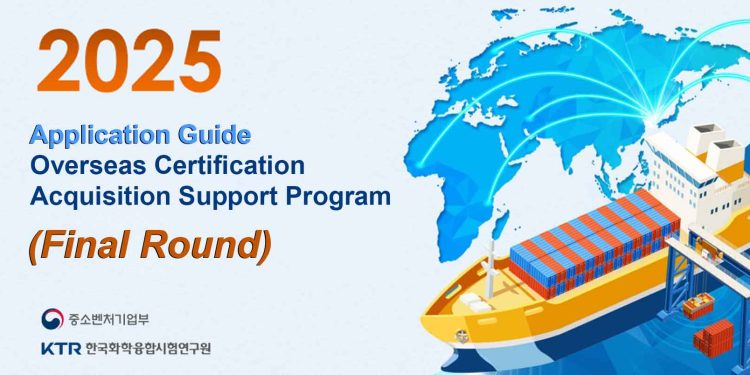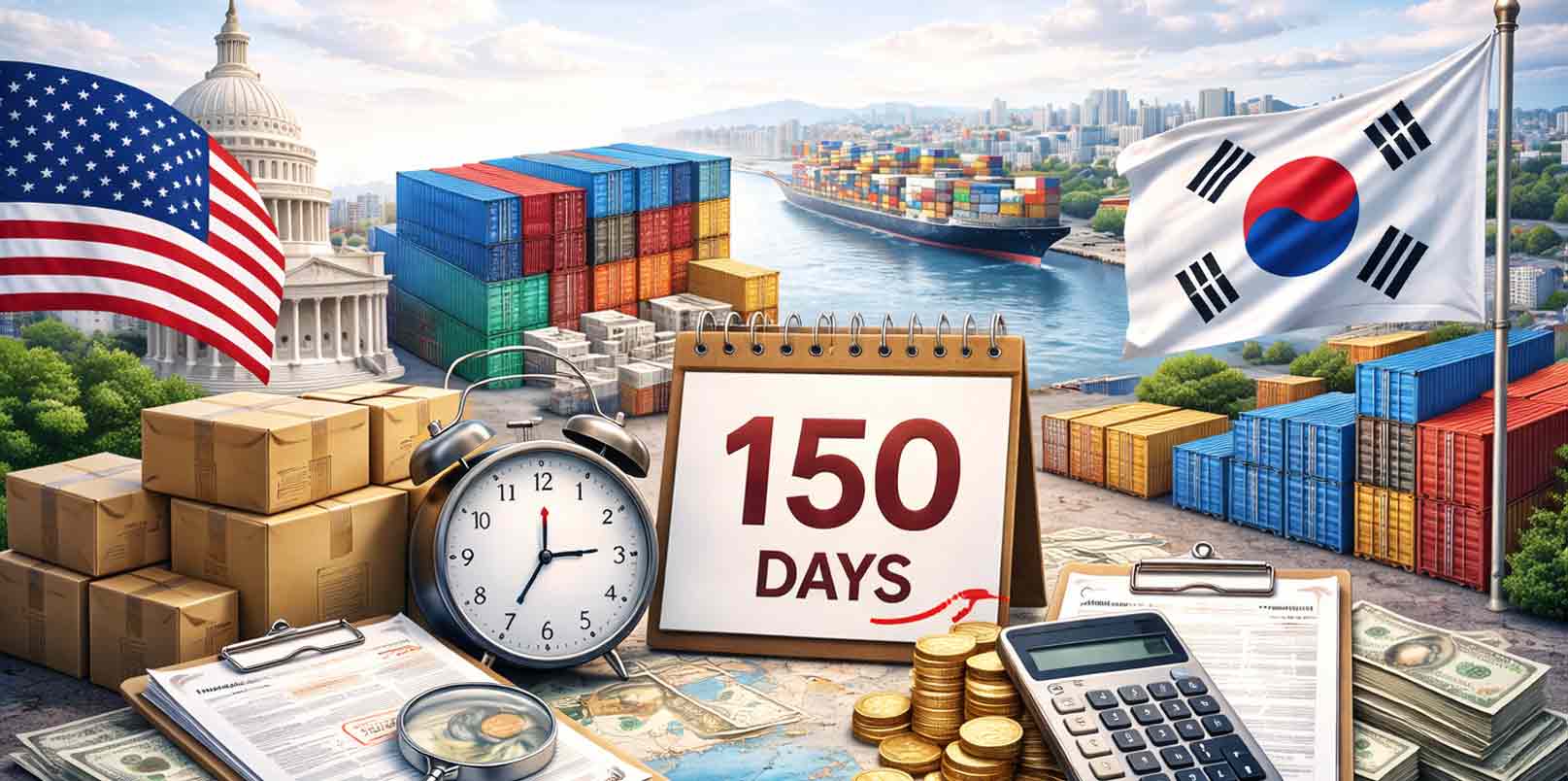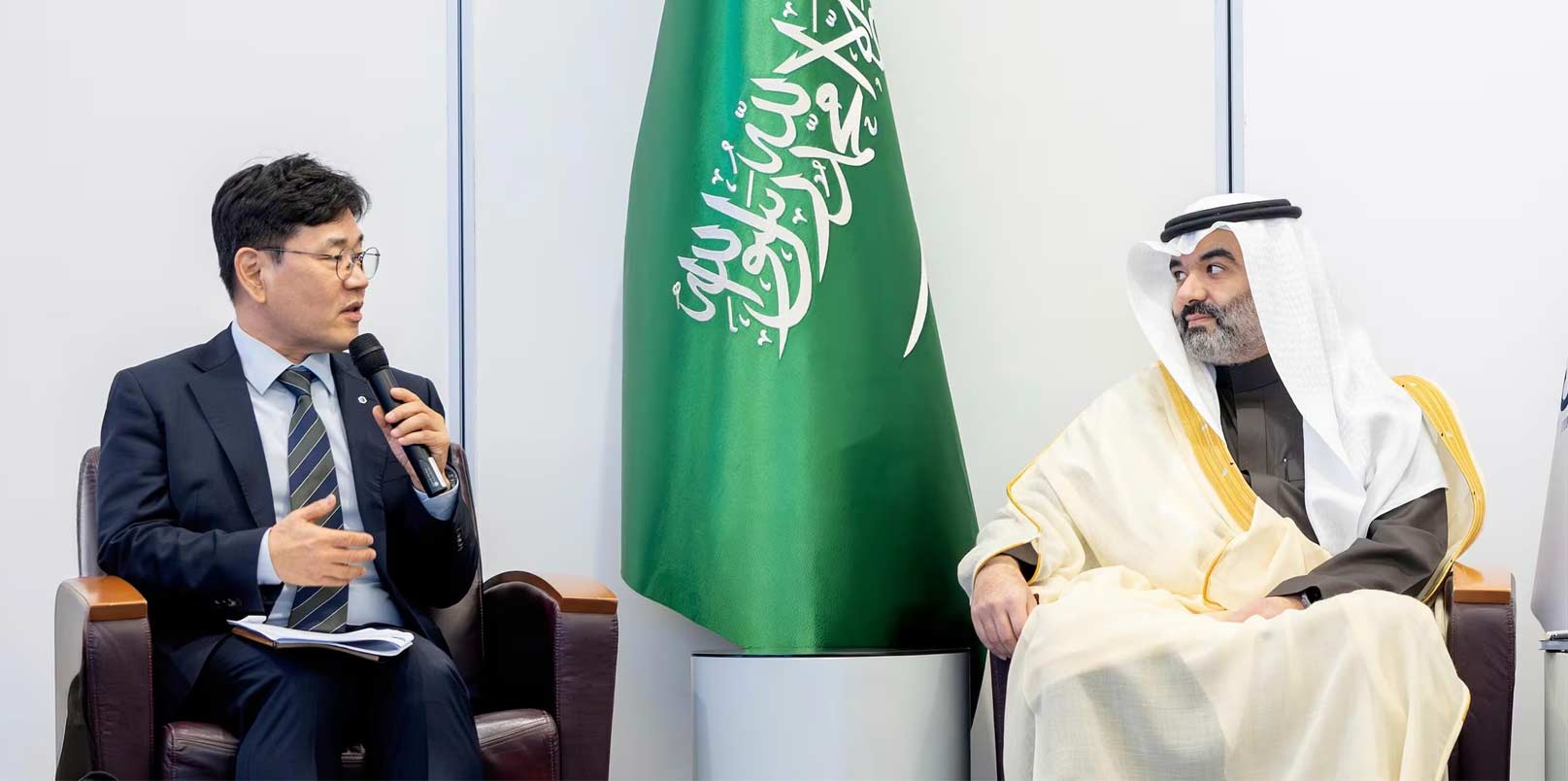As global trade barriers grow more complex, Korea is reinforcing its strategy to keep small and medium-sized enterprises globally competitive. The Ministry of SMEs and Startups (MSS) has launched the final round of its 2025 Overseas Certification Support Program, helping companies secure essential foreign certifications — a crucial step in strengthening Korea’s export resilience and diversifying its global market presence.
Korea Launches Final 2025 Certification Drive to Accelerate SME Global Expansion
The Ministry of SMEs and Startups (MSS) has opened the final round of the 2025 Overseas Certification Acquisition Support Program, offering up to KRW 100 million (approximately USD 73,000) per company to help Korean small and medium-sized enterprises (SMEs) obtain certifications required in foreign markets.
The initiative, which began accepting applications on October 15, will select 280 companies through two participation tracks — the General Track and the Fast Track — to support the costs of testing, certification, and consulting needed to meet overseas regulatory standards.
Applications remain open until November 14, 2025 through the Overseas Certification Support Center website.
Building Trade Resilience: How Korea’s Certification Program Reduces Export Barriers
The Overseas Certification Acquisition Support Program is a key export diversification initiative by the MSS, designed to help Korean SMEs navigate the increasingly complex non-tariff trade environment.
Certification requirements such as EU CE (Conformité Européenne), U.S. NRTL (Nationally Recognized Testing Laboratory, including UL), and China NMPA (National Medical Products Administration) approvals are often mandatory for market access. However, these certifications can impose heavy financial and administrative burdens on SMEs with limited export experience or budgets.
To ease these barriers, the MSS subsidizes 50–70% of total costs, depending on company size and previous year’s revenue. Each company may apply for up to four certifications annually, while firms requesting under KRW 35 million in total support can apply without limits on the number of projects.
The General Track supports 546 types of certifications across multiple sectors, while the Fast Track provides expedited assistance for 8 globally recognized certifications — including EU CPNP (cosmetics) and International HALAL certifications — to help companies quickly meet time-sensitive overseas demands.
This latest round marks the fourth and final recruitment for 2025, following rounds in February, May, and August, and underscores the Korean government’s continued effort to enhance SME export readiness amid tightening global regulations.
MSS Calls for Stronger Government Role as SMEs Face Rising Global Regulations
Lee Soon-bae, Director of Global Growth Policy at the Ministry of SMEs and Startups, highlighted the urgency of government intervention in supporting exporters amid evolving global trade conditions:
“With protectionist trade policies intensifying, the burden on small and medium enterprises has increased significantly. The government will continue to strengthen its support so that companies can respond swiftly to certification requirements and expand more efficiently into overseas markets.”
SME Certification Support: Strengthening Korea’s Export Competitiveness
This initiative plays a strategic role in Korea’s broader export diversification and trade resilience strategy, particularly as SMEs face challenges from non-tariff measures, technical safety regulations, and regional certification barriers.
By lowering certification costs and accelerating compliance, the program directly contributes to:
- Reducing export dependency on a limited number of markets.
- Encouraging SME participation in advanced economies with strict regulatory frameworks.
- Improving Korea’s global supply chain positioning in high-value sectors such as healthcare, cosmetics, food, and ICT.
The MSS’s continued expansion of such initiatives reflects Korea’s recognition that export readiness now depends as much on compliance and trust as on product innovation.
The program also complements other government-led initiatives such as K-Startup Global Expansion Projects and Trade Digitalization Policies, aimed at equipping startups and SMEs with the tools to compete internationally.
Korea’s Policy Roadmap: Enabling SMEs to Compete in an Era of Trade Fragmentation
As global trade becomes increasingly fragmented by protectionist measures and technical regulations, Korea’s approach provides a model for how government policy can empower smaller enterprises to remain globally competitive.
The MSS’s certification program not only enhances export resilience but also signals Korea’s broader commitment to supporting innovation-driven SMEs that form the backbone of the nation’s industrial and startup ecosystem.
For global readers — investors, trade policymakers, and ecosystem builders — Korea’s program showcases how targeted certification funding can mitigate trade risks, accelerate international market entry, and strengthen long-term competitiveness in an era of shifting global trade norms.
🤝 Looking to connect with verified Korean companies building globally?
Explore curated company profiles and request direct introductions through beSUCCESS Connect.
– Stay Ahead in Korea’s Startup Scene –
Get real-time insights, funding updates, and policy shifts shaping Korea’s innovation ecosystem.
➡️ Follow KoreaTechDesk on LinkedIn, X (Twitter), Threads, Bluesky, Telegram, Facebook, and WhatsApp Channel.






